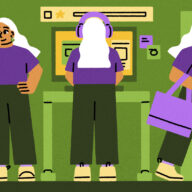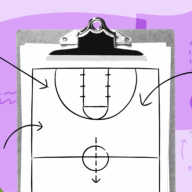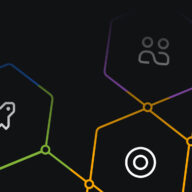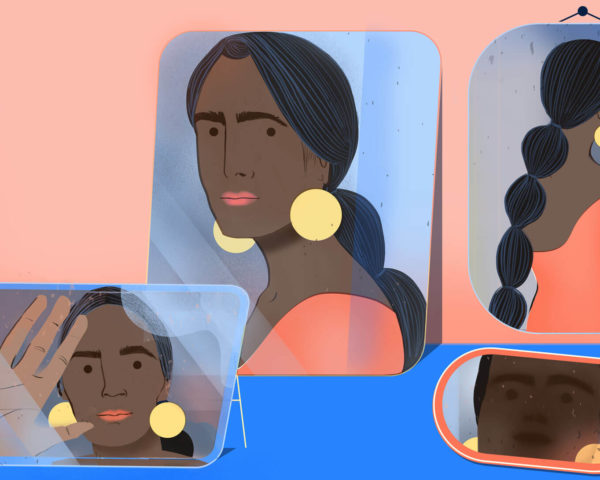Know thyself: how self-awareness helps you at work
If you want to change culture, the first place to start is yourself.
Confession time: I used to be a jerk at work.
Thinking back on my career, too often I was arrogant, obnoxious, difficult, and dismissive. I put myself and my interests before those of the team and, as a direct result, undermined our performance. I wasn’t very aware of my behavior, and even when I was, I ignored it. Others told me about it, but my stubbornness and hubris got in the way of any form of humility and nothing much changed.
Then I got a wake-up call. In the early 2000s, I was laid off. The shock of it made me question how much I knew about myself, and whether I was contributing to team success – or getting in the way of it.
In 2013, researchers Zes and Landis found that “poor-performing companies’ employees were 79 percent more likely to have low overall self-awareness than those at firms with robust ROR [return on revenue].” They also found that companies with a greater percentage of self-aware employees consistently outperformed those with a lower percentage.
You might not need a personal wake-up call. But everyone in the workplace is negatively affected by low self-awareness, and if you’re eager to improve your teamwork – not to mention positively influence the bottom line – a great place to start is yourself.
How self-aware are you?
Those who cannot remember the past are condemned to repeat it.
George Santayana
To evolve as people, we must achieve a deeper understanding of ourselves and our personalities. Focusing on greater self-awareness helps us realize what we’re naturally good at, and reveals to us the things we need to improve. It also helps us use feedback from others to make changes.
When a team of people commits to doing this kind of individual examination, there’s an amazing byproduct: the work culture also evolves.
I’ve seen far too many organizations attempt to impact their cultures with an outside force, a tool, or some latest method of choice. But the first, best, and most effective place to start is us – you, me, ourselves. Moreover, improved self-awareness enables us to provide others with feedback and advice they can really put to use.
The problem is, many people aren’t very self-aware, and feedback – giving and receiving – is challenging. This restricts the evolution of workplace cultures, and at the same time keeps teams from achieving better overall results.
Today, 20 years after my wake-up call, I work with organizations to help them change their cultures, and I see this issue – the lack of individual self-awareness – all the time. But, I also see that when addressed head-on, it makes a huge difference. Not only to the happiness of staff and the sense of cultural belonging, but to overall company goals.
How to understand your personality
Almost all personality surveys in the marketplace today (in the U.S., it’s estimated that organizations spend over $500 million a year on them) are based on Carl Jung’s human personality and behavior work from the 1920s. He posited that personality traits are stable characteristics of individual differences that may be used to describe and explain behavior (cf. Hirschberg, 1978). That is, we do certain things consistently and without thinking.
Jung found that these common traits are reliant on three things:
- How people gather information (sensing or intuition)
- How people make decisions (thinking or feeling)
- How people react in social situations (introversion or extroversion)
Broadly, when you put this information together, our personalities are made up of varying percentages of four different elements, which I’ve renamed to make them more applicable to the language we use in workplace cultures today:
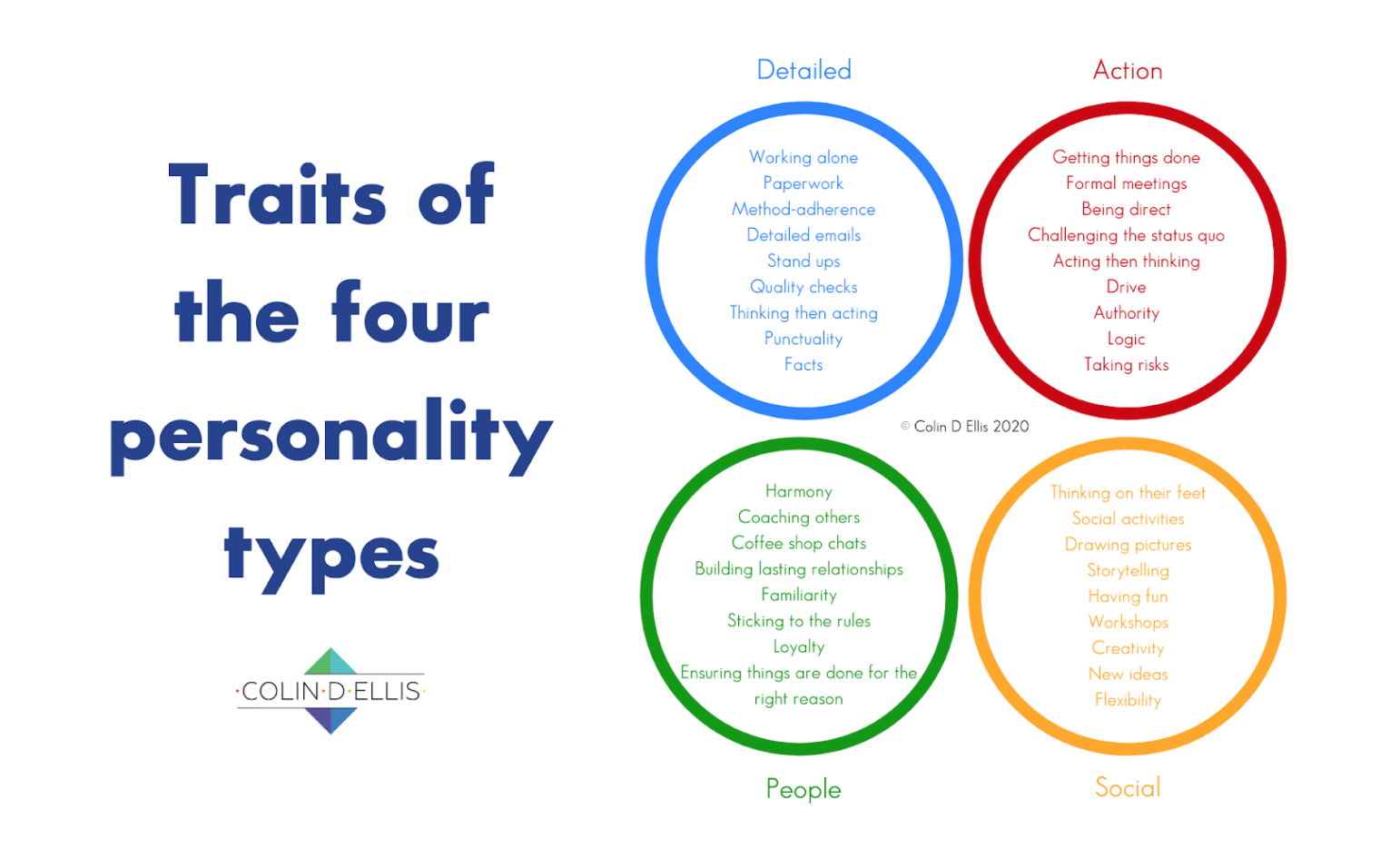
Nobody is a “pure” version of just one of these four elements, but that’s not how it works. You can’t put a human in a box (or a circle) and declare: that’s you. We’re complex beings. Most of us have some percentage of each element as part of our personalities. But it’s the predominant preference that generally guides how we see the world, make decisions, and act in social situations.
So, if you had to put these traits in order from 1 to 4, what would they be?
When people have a more detailed understanding of their personalities and are able to keep it front of mind, they’re able to recognise and regulate their emotions accordingly, and react to situations with more clarity. This is what heightened self-awareness affords. You’re better able to “step outside yourself” and communicate in a way that other people can hear, relate to, and appreciate. More self-aware people think before they speak; challenge respectfully; listen more; and make time for learning and play. They consistently practice being the best human they can be, which requires resilience, courage, and reflection. You’ll thank yourself for the effort, and so will your team.
3 actions you can take to improve your self-awareness
- Take the time to better understand your personality traits. Use the “Traits of the four personality types” above to help. Dig out that personality test you did three years ago, or try something new (like the CliftonStrengths assessment) to gain insights. Personality profiles can be very helpful in this process, and I recommend using them. The idea is to really examine what you’re best at, what you enjoying doing, and how you can emphasize those parts of your personality.
- Share with others, and ask for regular feedback on your interactions with others. Though this can be at times challenging, if you want to become more self-aware, you must invite feedback. (Make sure to accept the feedback without becoming defensive.)
- Practice different communication styles. You’re generally good at your own style of communication, but breakdowns happen when you don’t think about how someone else likes to receive information. Get familiar with the four personality types above, they’ll help you spot and understand how different personalities communicate.
As a final note, managers and team leaders should work under the premise that not everyone is as self-aware as they could be. Challenge your team, and yourself, to reach greater team success by focussing on a deeper examination of personality and interpersonal communication. By the way, this means that the cultural acceptance of the so-called “brilliant jerk” can’t persist. Personalities vary, but everyone must be open to self-improvement.
Of course, you can’t tell people to be self-aware, just like you can’t tell people to be positive. Coaching can be a big help, and overall support is essential. We all need to help each other on the journey, but the rewards are worth it.
Colin D Ellis is the best-selling author of Culture Fix: How to Create a Great Place to Work and helps organisations around the work to transform the way they work.












